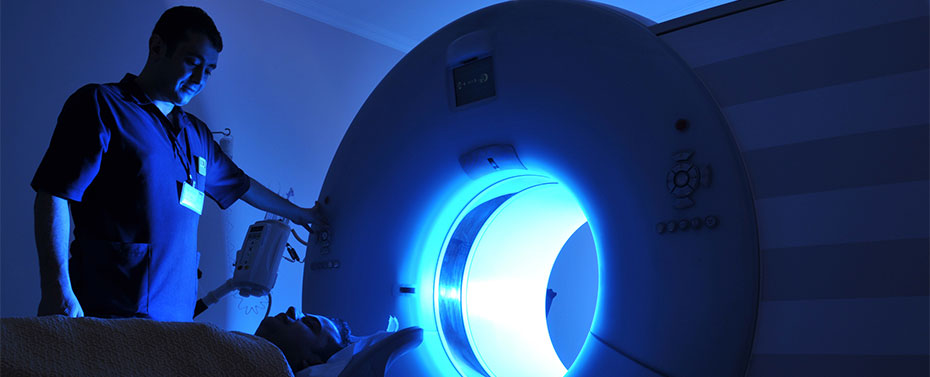Licensure and Career Opportunities

ARRT Licensure
Prior to graduation, the student applies to take a computerized examination of 200 multiple-choice questions given by the American Registry of Radiologic Technologists (ARRT). Upon graduation, and upon payment of the application fee, the student is eligible to take the exam. The student must achieve a rough score of 77 percent to become nationally registered and entitled to use the credentials RT (R) after his/her name. Any student who fails the examination may reapply for testing. Upon passing the ARRT exam, selected colleges have recognized the accredited curriculum through the awarding of college credits.
State Licensure
Graduates must be licensed by the Department of Environmental Protection’s Radiologic Technology Board of Examiners in order to work in the state of New Jersey. The graduate will pay for the application fee and submit the application upon showing written proof of passing the ARRT examination. If the student fails the ARRT examination, he/she has an opportunity to receive a temporary license for as long as mandated by other individual states.
Radiography as a Career
A radiographer assists the radiologist (a certified physician in diagnostic imaging and treatment) and other physicians in the operation of imaging equipment, as well as positioning the patients for various types of procedures. Their role also extends to the care and comfort of the patient during the visit.
With more specialized training and education, a qualified radiographer may advance into the areas of radiation oncology, nuclear medicine (including cardiology and PET scanning), CT scanning, ultrasound, digital angiography, cardiac catheterization, mammography, bone densitometry, and magnetic resonance imaging (MRI).
